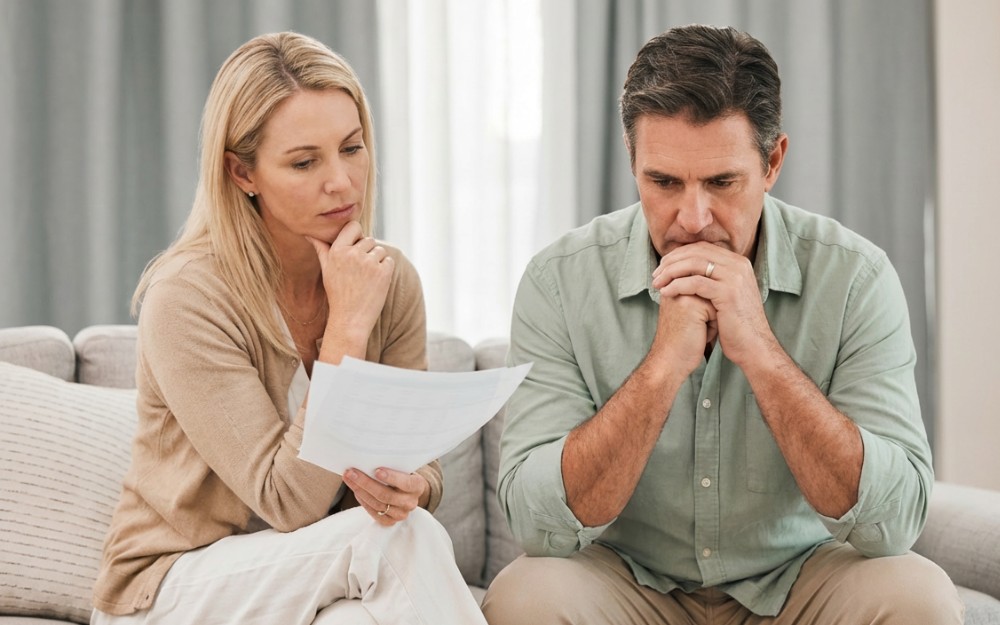Whilst the process of purchasing a commercial property is very similar in many respects to buying a residential property, there are a whole other set of matters to consider with this asset type.
The first issue to consider is what are your intentions or motivations for purchasing the property. Are you planning to run your own business from the property? Is it purely for investment purposes? These issues will help you decide initial matters such as location, budget and town planning requirements.
Another critical matter to consider is the entity that will hold the property whether that be you personally, a company or a trustee for your family trust or self-managed super fund. You will want to partner with your solicitor and your accountant from the very early stages of your property buying journey to make sure you get these details correct. If the entity is wrong, it can cost thousands of dollars to fix in additional stamp duty and fees so it is critical to get this right from the outset.
Another consideration with commercial property is that there may be GST payable on top of the purchase price. Unlike residential property where there is no GST in addition to the purchase price, there is often GST payable on commercial property. It is important that the GST treatment is correct in the contract.
You will need to ensure that your solicitor reviews the terms and conditions of the contract and explains these to you before you sign it. The standard conditions that you would be used to in a residential contract ie building and pest and finance are also applicable to a commercial contract. Your solicitor will be able to advise you if GST will be applicable to your contract and will be able to suggest if any other conditions should be added to the contract such as a due diligence clause.
Stamp duty or transfer duty is payable as you would expect however if GST is applicable, you will have to pay stamp duty on the grossed-up amount ie the purchase price plus the GST. This can make a significant difference to the amount of duty payable so it is something to be aware of when calculating your anticipated purchasing costs.
There is no five (5) working day cooling-off period with commercial contracts as there is with residential contracts. Unless the contract is subject to other conditions, such as finance, once you sign it will be unconditional from day one and you will not easily be able to terminate the contract.
As with residential property, you will need to consider when to take out insurance for the property depending on when the risk passes pursuant to the contract. The standard commercial contract usually provides for it to pass from 5 pm on the first business day after the contract date so insurance would need to be arranged at an early stage in the process.
Asbestos is a consideration in older buildings. There is a requirement to have an Asbestos Report or Register which advises whether or not asbestos is present and if present, where it is located in the building and the steps that have been taken to manage it.
Combustible cladding is also a matter to consider. If it is a class 2 to 9 building of type A or B construction for which a building development approval was given after 1 January 1994 but before 1 October 2018, it may need to be assessed to ensure the cladding is not combustible.
The certificate of classification for the building will help identify if any of these apply. This will set out the above information plus also confirm that the building has been approved by Council.
Many buildings have been assessed and will often have a certificate of compliance issued. If you are buying in a community titles scheme, the body corporate managers have often already organized for the building to be made compliant and a comprehensive search of the records will often reveal status.
As with residential property, often commercial properties will already have a tenant in place. As the new owner, you will be bound by the terms of the lease agreement so you will need to be aware of its terms. These are often long-term leases on commercial terms so it may be advisable to ask your solicitor to review these to ensure there are no adverse conditions.
This article is not designed to be comprehensive of every issue you will need to consider when purchasing a commercial property but merely to provide an overview and highlight the importance of partnering at an early stage with your solicitor and accountant as part of your property-buying journey to ensure the process is as smooth as possible and any issues that arise are identified and dealt with an early stage.









